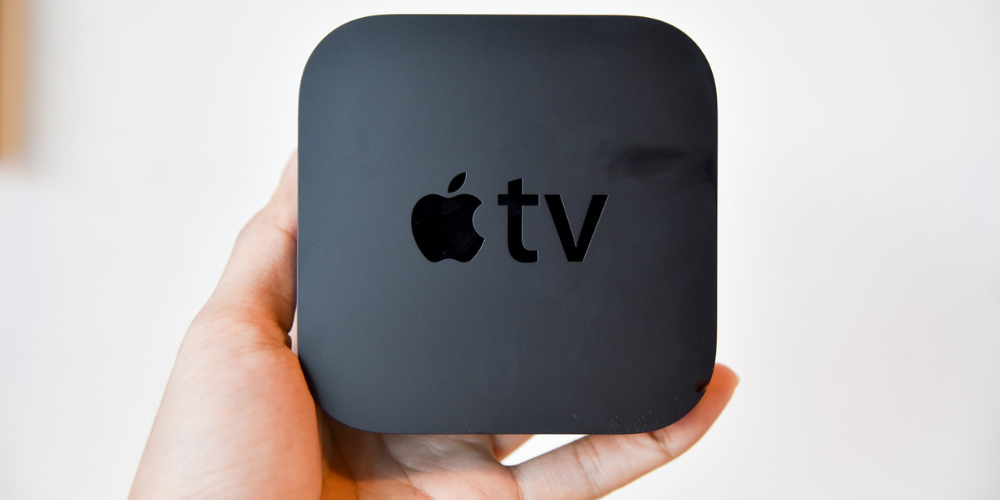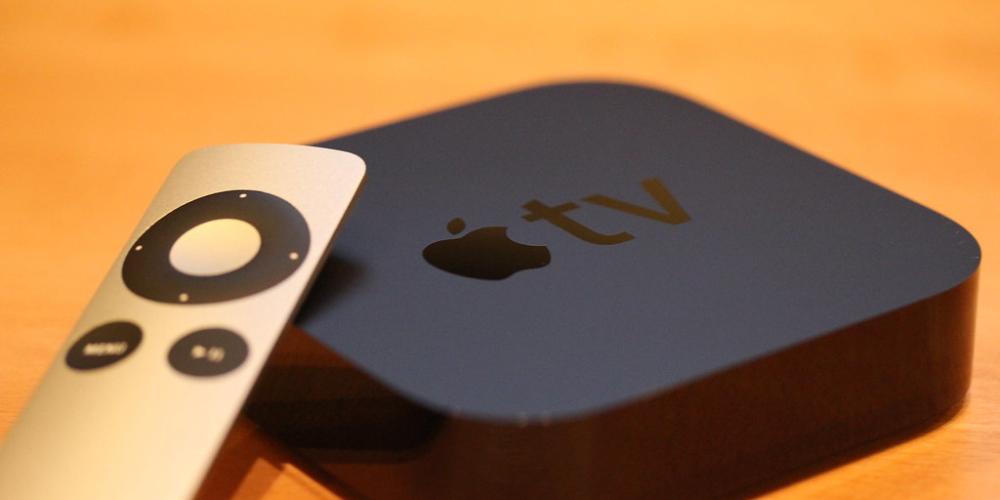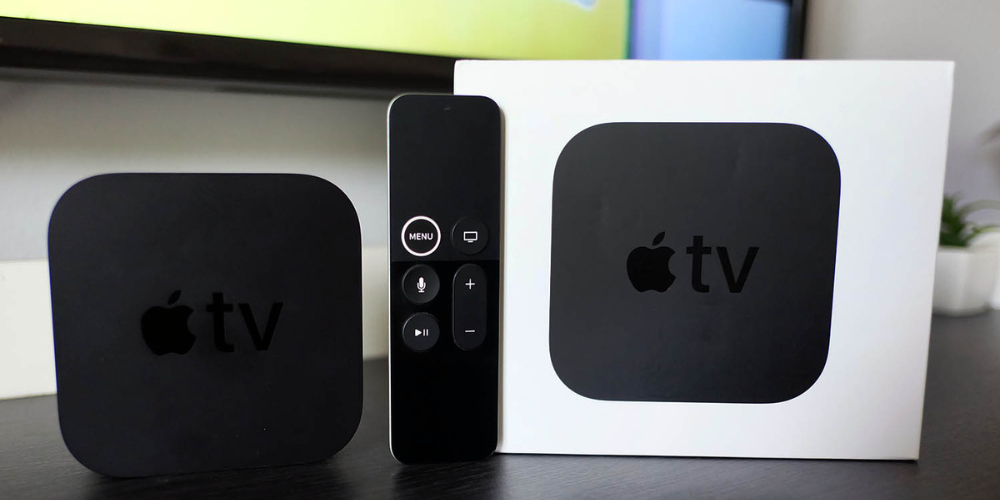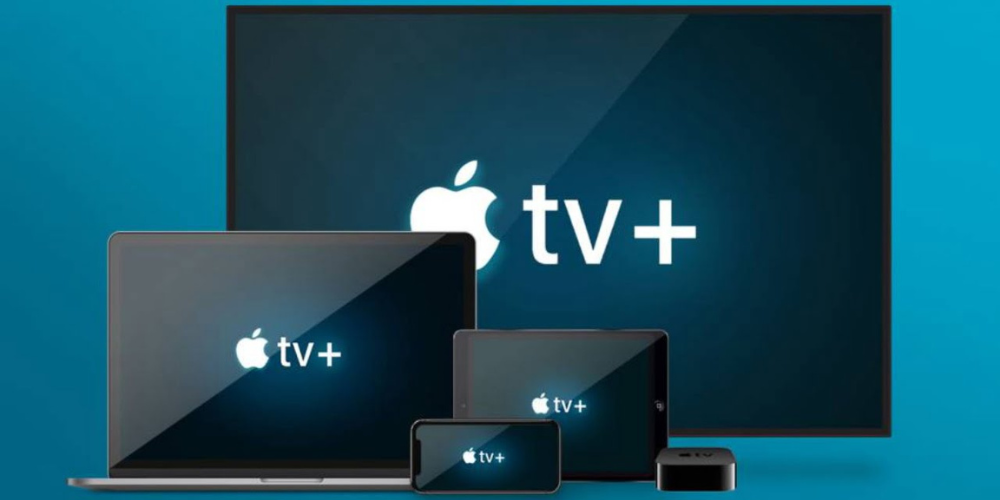Apple TV Plus: Challenges, Opportunities, and the Android Expansion
Aug-11-2024

Apple TV Plus, despite its reputation for high-quality content, hasn't reached the level of success Tim Cook hoped for upon its launch in 2019. As a relatively newer player in the streaming service industry, it faces a unique set of challenges and opportunities. This article delves into the current state of Apple TV Plus, explores the reasons behind its slow growth, and discusses how expanding to Android could be a game-changer.
The Launch and Investment

When Apple TV Plus was launched in 2019, it entered a highly competitive streaming market dominated by giants like Netflix, Disney+, and HBO. Apple made significant investments, attracting top Hollywood talents such as Oprah Winfrey and Steven Spielberg and producing critically acclaimed shows like Ted Lasso and The Morning Show.
Despite these efforts, Apple TV Plus has not gained the user base that management anticipated. A recent Bloomberg report revealed that Apple is now cutting costs to curb losses, even after pouring billions into content creation and marketing. This move indicates a reevaluation of strategies within the company.
Current State of Apple TV Plus
Apple TV Plus holds a surprisingly small share of the streaming market, accounting for only 0.2% of TV viewership in the United States. For context, the service generates fewer views in a month than Netflix does in a day. This discrepancy underscores the need for Apple to rethink its approach.
Despite highly praised programs such as Ted Lasso, which has been the most-watched streaming show of 2023, Apple TV Plus has failed to convert critical acclaim into significant consumer interest. This dichotomy between content quality and user acquisition is a pressing issue for Apple.
Factors Influencing Slow Growth

One reason behind Apple TV Plus's slow growth is its excessive spending on production and marketing without proportional returns. Hollywood luminaries have capitalized on Apple's deep pockets, with stars like Jennifer Aniston and Reese Witherspoon earning $2 million per episode for The Morning Show.
Moreover, costs for new episodes of Severance surged to over $20 million each. Coupled with hefty marketing campaigns featuring celebrities like Lionel Messi and Billie Eilish, these expenditures have yet to convert into substantial consumer interest, leaving Apple to rethink its financial strategies.
Pricing Strategy and Its Impact
Apple TV Plus's subscription plan stands at $9.99 per month for an ad-free experience, which is substantially lower than its competitors. Netflix and Disney+, for example, charge upwards of $13.99 and $15.49 per month for their ad-free tiers respectively, giving them a revenue advantage.
This lower price range might aim to attract a wider audience, but it doesn't seem to compensate for the high production costs. Adjusting the pricing strategy could potentially help Apple better align its revenue with its expenditures.
Platform Accessibility Issues

Another critical factor limiting the growth of Apple TV Plus is its restricted availability. While the service boasts compatibility with Google TV, Amazon's Fire TV OS, and Samsung's Tizen OS, it lacks a dedicated app for Android smartphones and tablets.
The absence of an Android app means Apple is missing out on a massive potential user base, notably 3.9 billion Android users globally. The ability to access the service only through the official website on Android platforms is not an ideal situation compared to competitors who offer dedicated mobile apps.
Advantages of Expanding to Android
Expanding Apple TV Plus's availability to Android devices would be a win-win situation for both Apple and Android users. It would significantly widen the target audience and increase revenue, making the service more sustainable.
Android users would gain access to some of the finest streaming content, while Apple would see enhanced user engagement and subscription numbers. This expansion could serve as a catalyst for Apple TV Plus to become more competitive in the streaming arena.
Apple Music as a Precedent

The situation is puzzling, considering that Apple Music is already available on Android platforms. This precedent demonstrates that Apple is not averse to extending its services to rival platforms when it sees potential benefits.
Reports suggest that Apple TV Plus development for Android is underway, although no official confirmation has been made. If realized, this move could position Apple TV Plus as one of the best streaming apps on Android, greatly benefiting both companies and consumers.
Conclusion
Apple TV Plus has an uphill battle to climb in the streaming industry, given its current challenges and slow growth. However, the potential benefits of expanding its availability to Android platforms are substantial, offering a viable path to increased user engagement and revenue.
As Apple evaluates its strategies and makes pivotal decisions, a broader audience reach could transform Apple TV Plus into a more competitive and sustainable streaming service. Time will tell if these adjustments can ultimately lead to the success Tim Cook envisioned.







